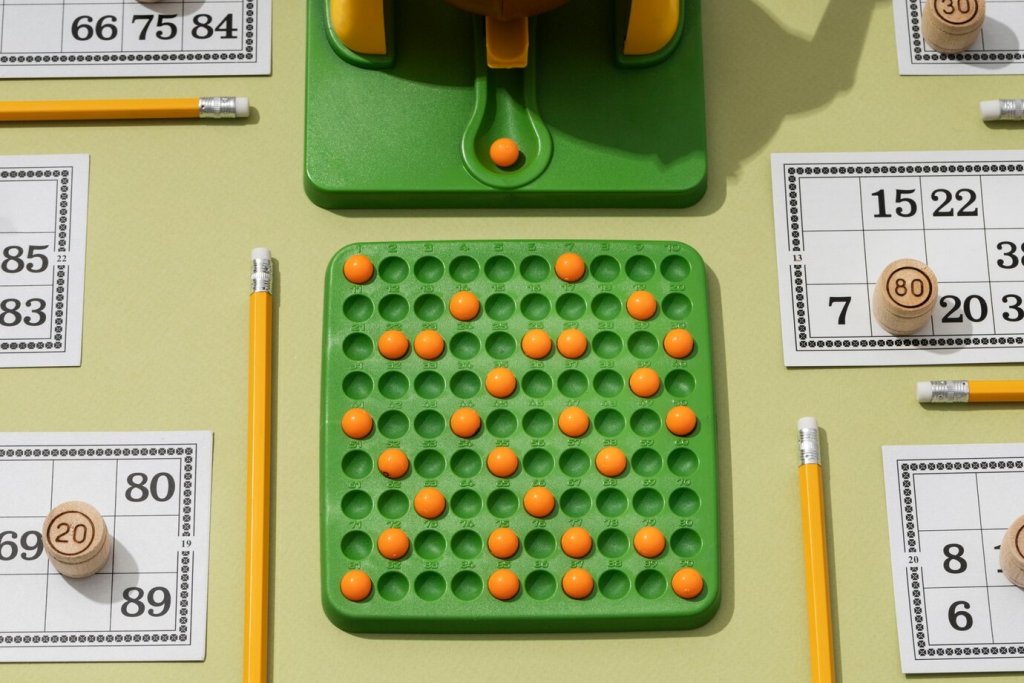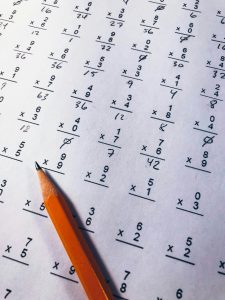Using Math Puzzles to Overcome Math Anxiety in Children

Does your child feel anxious or stressed about math? You’re not alone. Math anxiety is a widespread challenge that impacts children’s ability to learn and enjoy mathematics. But here’s the good news – using fun math puzzles can help reduce anxiety and build a positive attitude towards learning math. Let’s explore how you can implement this step-by-step approach to help your child overcome math anxiety.
Step 1: Understanding Math Anxiety
Math anxiety often stems from negative experiences with math in the classroom, societal pressures, or a lack of confidence in one’s abilities. It can manifest as feelings of fear, apprehension, or stress when faced with mathematical tasks. These symptoms can range from physical reactions like sweating and trembling to cognitive blocks that make it difficult to think clearly during math-related tasks. Research indicates that this anxiety can affect academic performance and overall attitudes toward learning.
Step 2: The Benefits of Math Puzzles
Math puzzles are not just enjoyable; they are also powerful educational tools that help reduce math anxiety while fostering essential skills. Below is a breakdown of the key benefits of using math puzzles:
|
Benefit |
Description |
|---|---|
|
Transforming the Learning Experience |
Math puzzles turn learning into an engaging game, reducing the stress associated with traditional math exercises. |
|
Boosting Confidence |
Completing puzzles gives children a sense of achievement, reinforcing their ability to tackle mathematical challenges. |
|
Developing Critical Thinking |
Puzzles require children to think critically and break down problems into smaller, manageable parts, enhancing problem-solving skills. |
Math puzzles shift the perspective of math from being a daunting test to an exciting challenge. By engaging in puzzle-solving activities, children associate math with fun and success, gradually reducing any anxiety they might feel. Each solved puzzle builds their confidence, showing them that they are capable of handling mathematical challenges.
Additionally, the critical thinking skills developed through puzzles prepare children to approach complex problems strategically, both in academics and in real-life situations. Incorporating puzzles into learning not only makes math enjoyable but also equips children with tools for long-term success.
Step 3: Types of Math Puzzles Suitable for Children
To effectively use math puzzles as a tool for overcoming anxiety, it’s important to choose the right types of puzzles that are age-appropriate and engaging. Riddles and brain teasers often involve simple arithmetic or logical reasoning and can be presented in fun formats that capture children’s interest. Logic puzzles encourage deductive reasoning and critical thinking without overwhelming students with complex calculations. Number puzzles, such as Sudoku or Kakuro, help reinforce number fluency and pattern recognition while being enjoyable. Additionally, interactive online puzzles available on websites and apps adapt to children’s skill levels, making learning dynamic and engaging.
Step 4: Strategies for Implementing Math Puzzles
To effectively integrate math puzzles into learning environments, consider the following strategies:
-
Create a Positive Learning Environment: Establish an atmosphere where mistakes are viewed as part of the learning process. Encourage open discussions about challenges faced while solving puzzles.
-
Incorporate Puzzles into Daily Activities: Use everyday situations like cooking or shopping to introduce simple math puzzles related to measurement or budgeting.
-
Encourage Collaborative Learning: Have children work together on puzzles, promoting teamwork while reducing feelings of isolation that often accompany anxiety.
-
Celebrate Achievements: Recognize and celebrate small victories when children solve puzzles successfully, reinforcing their confidence and motivation.
-
Use Relaxation Techniques: Introduce mindfulness exercises before tackling challenging puzzles to help calm nerves and improve focus.
Step 5: The Role of Abacus in Overcoming Math Anxiety
One effective method to overcome math anxiety and develop strong mental math skills is through the use of an abacus. An abacus is a tool that helps children visualize and understand mathematical concepts. By manipulating the beads on the abacus, children can perform calculations and solve problems step by step, building their working memory and reducing anxiety associated with mental calculations.
The structured learning approach of an abacus program, such as the one offered by SIP Abacus India, focuses on developing both sides of the brain and nurturing children’s academic and overall growth. Studies show that children who complete the SIP Abacus program perform significantly better in math and reading at school, often 3-4 years ahead of their peers within 2 years of joining. The program’s unique approach has proven effective in unlocking the mental potential of children through fun learning methodologies.
Understanding the importance of mathematics early on can lay the foundation for lifelong learning, and math puzzles play a crucial role in this developmental process.
Conclusion
Using math puzzles as a tool to overcome math anxiety in children is not only effective but also enjoyable. By transforming mathematical concepts into engaging challenges, children can develop confidence, enhance problem-solving skills, and foster a positive attitude towards learning mathematics. As educators and parents implement these strategies, they will find that the playful nature of puzzles helps demystify math for young learners, paving the way for future success in this critical subject area.
Consider incorporating an abacus program, such as the one offered by SIP Abacus India, to further support your child’s cognitive development and mathematical skills. Abacus learning helps build working memory and boosts confidence in handling numbers, making it a great companion to math puzzles.



